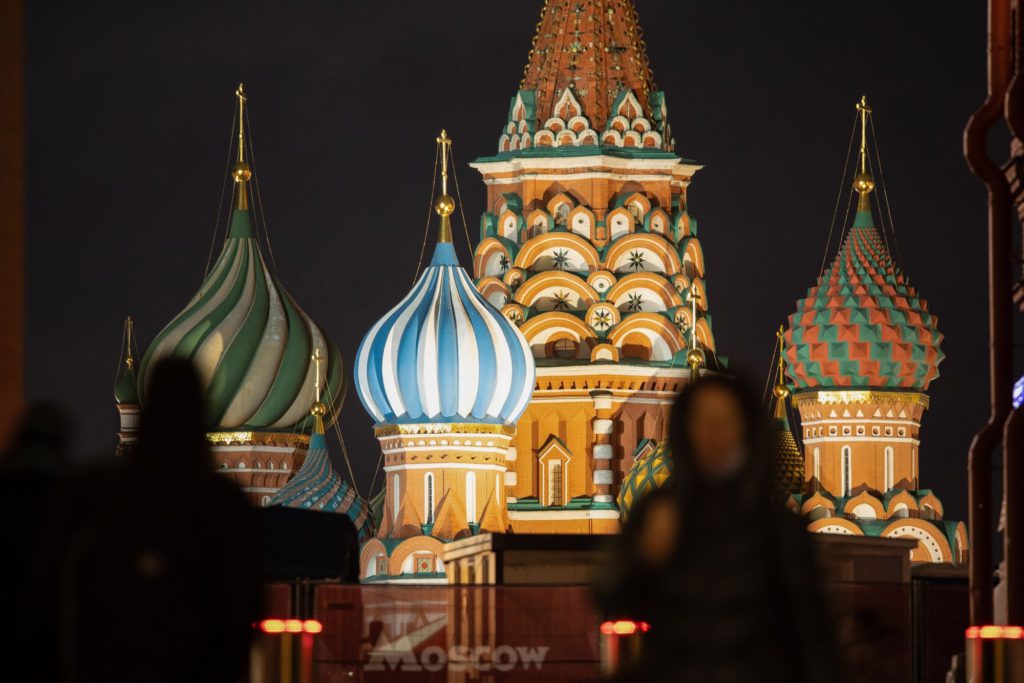(Bloomberg) — Foreign holders of Russia’s local-currency government bonds still haven’t received coupon payments three days after they were due, according to financial data provider CBonds and five investors at American and European firms.
Russia’s National Settlement Depository received the interest — 11.2 billion rubles ($98 million) on 339 billion rubles of bonds known as OFZs due February 2024 — from the government on Wednesday and paid local investors, they said.
But international investors weren’t paid because of the Russian central bank’s order barring foreign payments.
“Money is in NSD, payments to Russian bondholders were made,” said Elena Avdonicheva, Head of Russia & CIS Fixed Income Department at CBonds.
“Payments to non-residents weren’t made due to government ban, this money is frozen in NSD until further notice. Technically we can expect that money will reach bondholders later.”
The five investors asked not to be identified because they’re not authorized to talk about it.
Local Russian debt has a grace period of 10 working days after the Moscow Stock Exchange publishes what it calls a technical default, according to Cbonds.
It’s unclear if that will happen because technically, Russia paid.
“Officially in Russia it is not called a default,” Avdonicheva said. “But if we follow the logic: money hasn’t reached bondholders in the right time and investors couldn’t reinvest coupon payments, then it is a technical default.”
While Moscow did pay this week, investors are concerned about whether it will be able or willing to make future payments as the war and sanctions escalate.
Investor confidence is already fragile, with default insurance contracts signaling a record likelihood of default.
All eyes are now on Russia’s foreign-currency debt. The government is due to pay more than $100 million of coupons on two dollar bonds on March 16.
It also has another interest payment due on March 21 and a $2 billion bond maturing on April 4.
Grace Period
International bonds have a 30-day grace period and a failure to pay in that time could trigger credit-default swaps, though there’s concern about whether those would pay out as well.
Two of the investors who own the ruble bonds said they were encouraged by news that a Russian telecommunications company paid a coupon due Thursday on dollar bonds.
A default by Russia might carry a smaller risk of contagion to global financial markets than in 1998 because investors have reduced their holdings of Russian assets, according to some analysts.
Direct exposures to Russia through trade flows and foreign banks’ claims have already dropped by two thirds since 2013 and are almost half of those before Russia’s last default, according to JPMorgan Chase and Co.
More stories like this are available on bloomberg.com
©2022 Bloomberg L.P.











